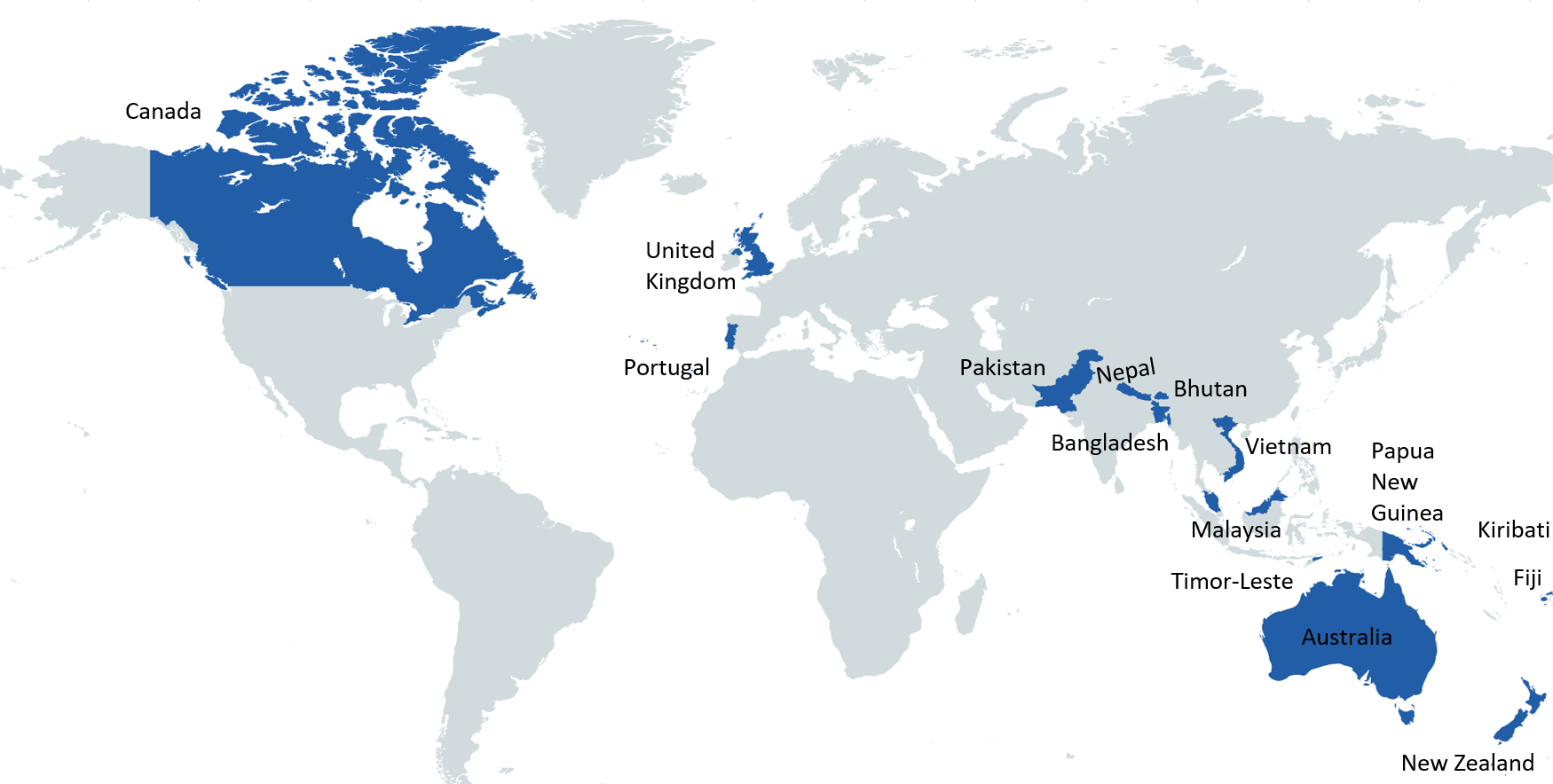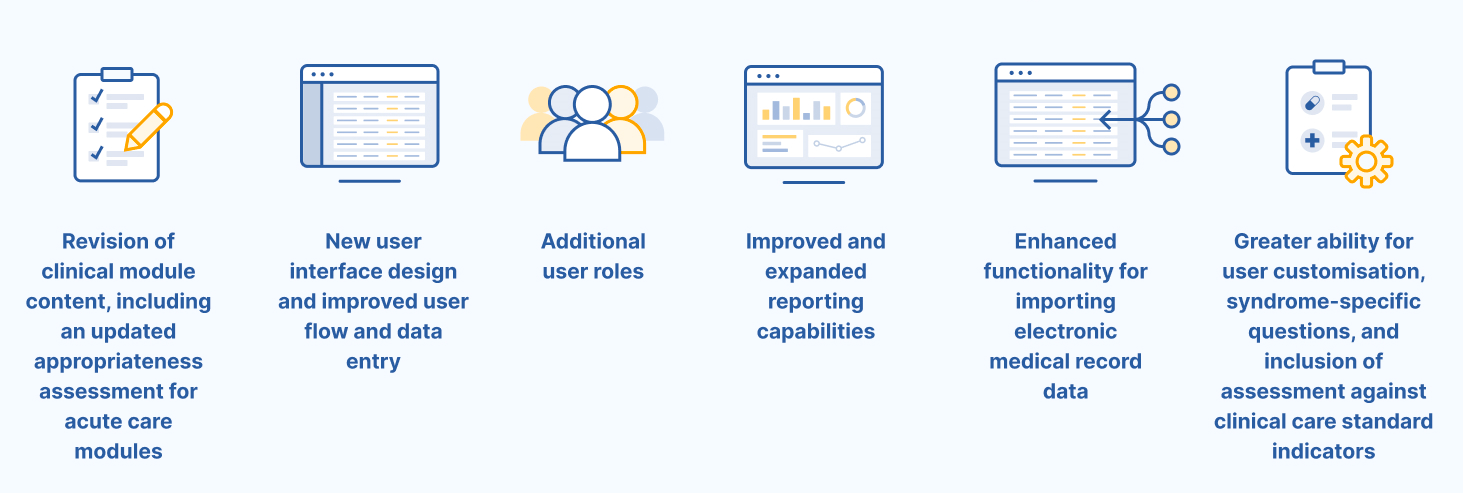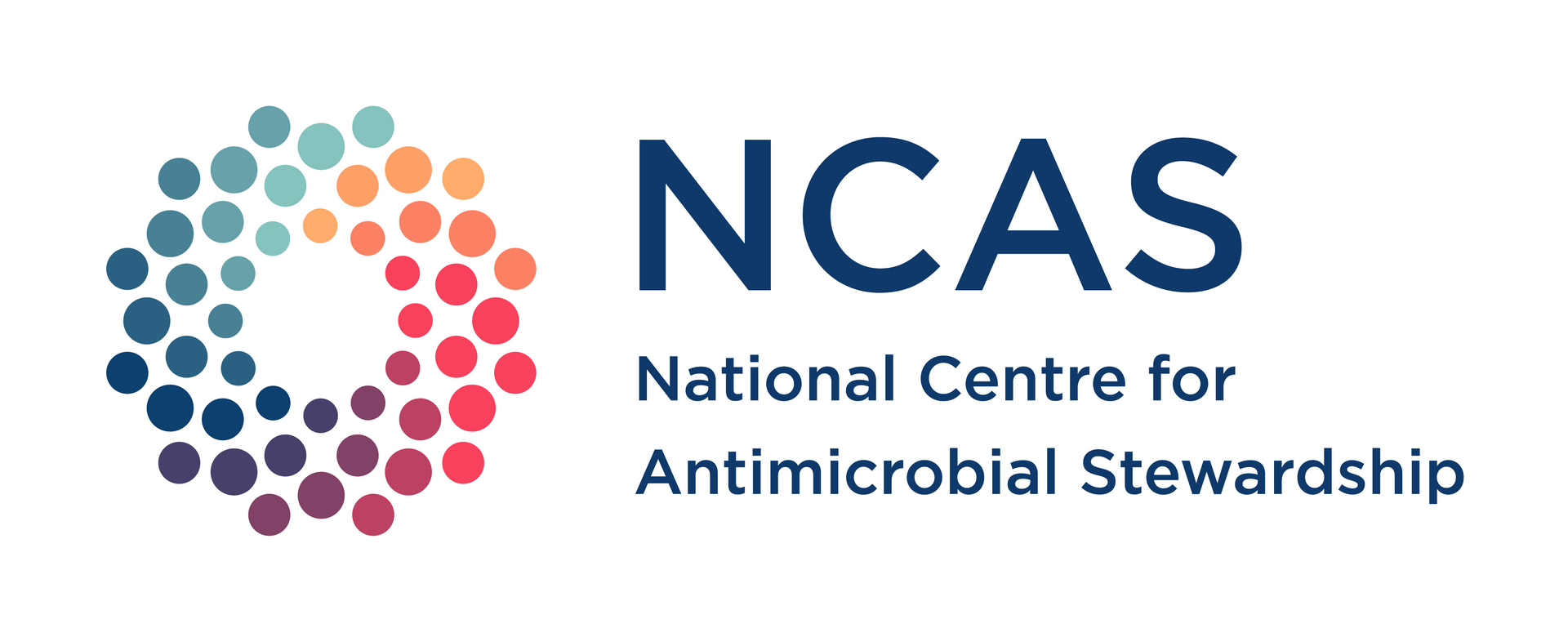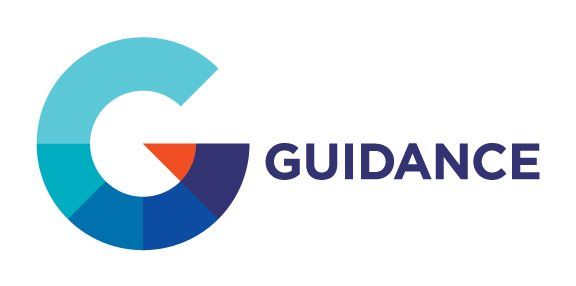The National Antimicrobial Prescribing Survey
About the program
The National Antimicrobial Prescribing Survey (NAPS) is a comprehensive program aimed at evaluating and improving antimicrobial prescribing practices within a facility, nationally and internationally. By collecting and analysing data on antimicrobial usage, the NAPS program helps identify areas for quality improvement, supports evidence-based decision-making, enhances patient safety, and contributes to the overall goal of combating antimicrobial resistance.
The NAPS program is coordinated by the Royal Melbourne Hospital Guidance Group and the National Centre for Antimicrobial Stewardship (NCAS), based in Melbourne, Australia. The NAPS is a program partner in the
Antimicrobial Usage and Resistance in Australia (AURA) surveillance program and is funded by and collaborates with the Australian Government Department of Health and Aged Care. The NAPS also collaborates with the
Australian Commission on Safety and Quality in Health Care.
There are currently 5 modules available:
- Hospital NAPS
- Surgical NAPS
- Antifungal NAPS (undertaken in partnership with the National Centre for Infections in Cancer)
- Quality Improvement NAPS
- Aged Care NAPS (undertaken in partnership with the VICNISS Coordinating Centre at Melbourne Health)
A Hospital-in-the-Home, General Practice and Veterinary NAPS have been piloted. Future pilots will include Dental and Sexual Health domains.
Contact Us
How it works
Summary of benefits
Custom-made by clinicians
Built for clinicians by clinicians to assist antimicrobial stewardship programs in hospitals, aged care homes and the community
Intuitive, streamlined and designed to fit clinical workflows
Designed within a learning health system and agile methodology, adapting to evolutions in the healthcare landscape, emerging digital technologies and evidence
Standardised
Provides access to:
- Standardised and validated auditing tools
- Structured appropriateness assessment matrices
- eLearning packages
- Online data entry portals
Flexible
Proven transferability with programs operating in over 500 acute care facilities and 900 aged care homes
A range of survey methodologies are available to suit different healthcare settings and auditor expertise
Supported
Provision of comprehensive ongoing tailored clinical support for auditing, education and training, and technical assistance
The NAPS support team are experienced clinician researchers who are able to assist auditors analyse and interpret their data for internal reporting or research purposes
Reporting
A variety of real-rime report types are available to meet diverse reporting requirements and allowing timely feedback on prescribing trends and drive quality improvement initiatives
Benchmarking with peer groups is enabled through standardised methodologies, data fields and indications
Security
Data is stored on a secure cloud-based server with best practice cybersecurity under the governance of Melbourne Health
Multi-factor authentication is required for access
The NAPS in Australia
The NAPS program provides a rich dataset for research. The program aligns with national policies and has fundamentally shaped Australia’s national AMS landscape.

The NAPS internationally
The NAPS has been successfully piloted and implemented in countries with well-resourced healthcare systems such as Canada, New Zealand, Portugal and the United Kingdom, as well as in resource-limited settings including Bangladesh, Bhutan, Fiji, Kiribati, Malaysia, Nepal, Pakistan, Papua-New Guinea, Timor-Leste and Vietnam. The NAPS program has been effective in identifying areas for prescribing improvement internationally.

The NAPS rebuild project
The full NAPS platform rebuild is our biggest project to date. This project formally commenced early 2022, and our development is well underway. We will follow a structured and formalised design, development, and release process for our revised audits, beginning with the re-designed NAPS platform and Hospital point prevalence audit in the
first half of 2026, with subsequent modules to be released progressively over the next 2 years.


